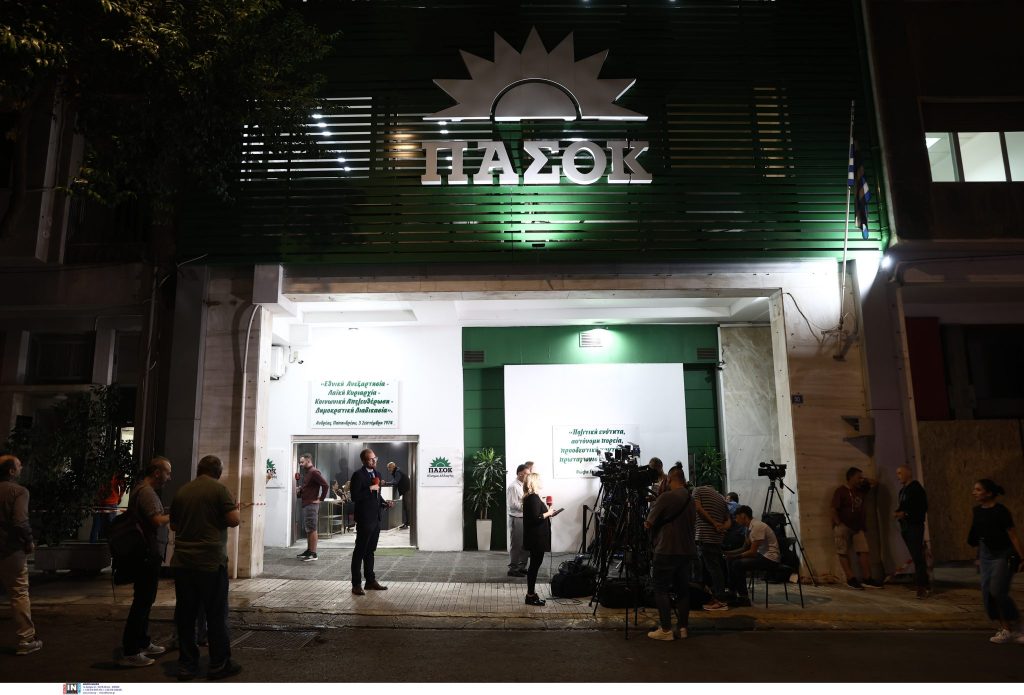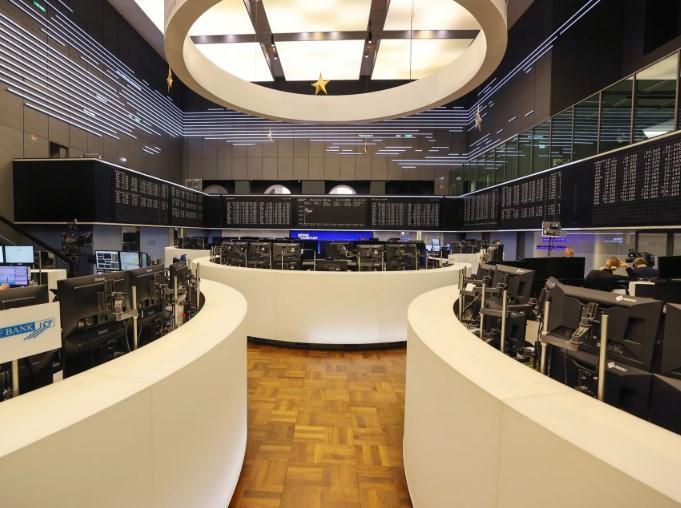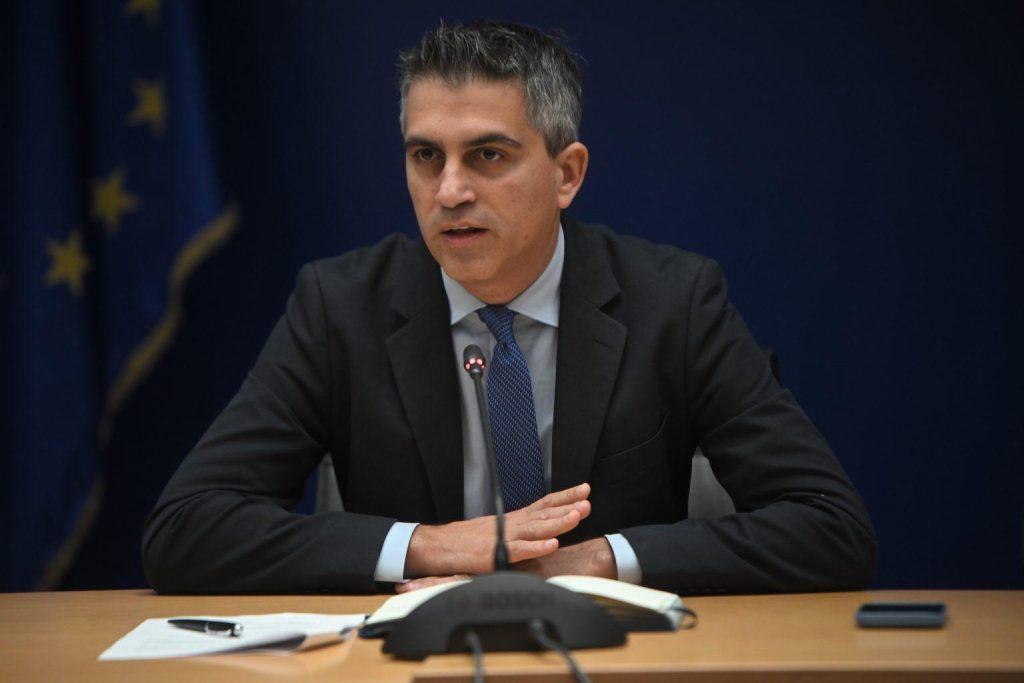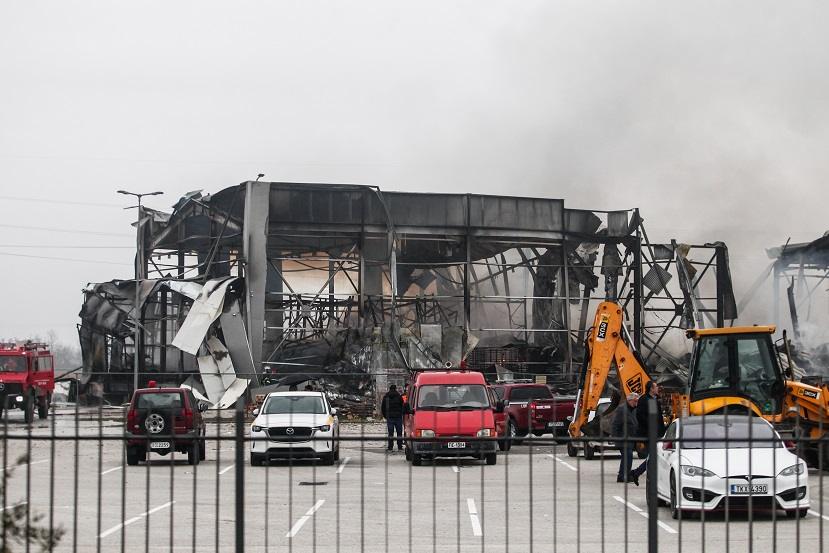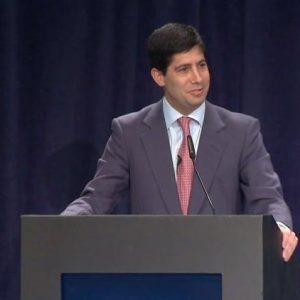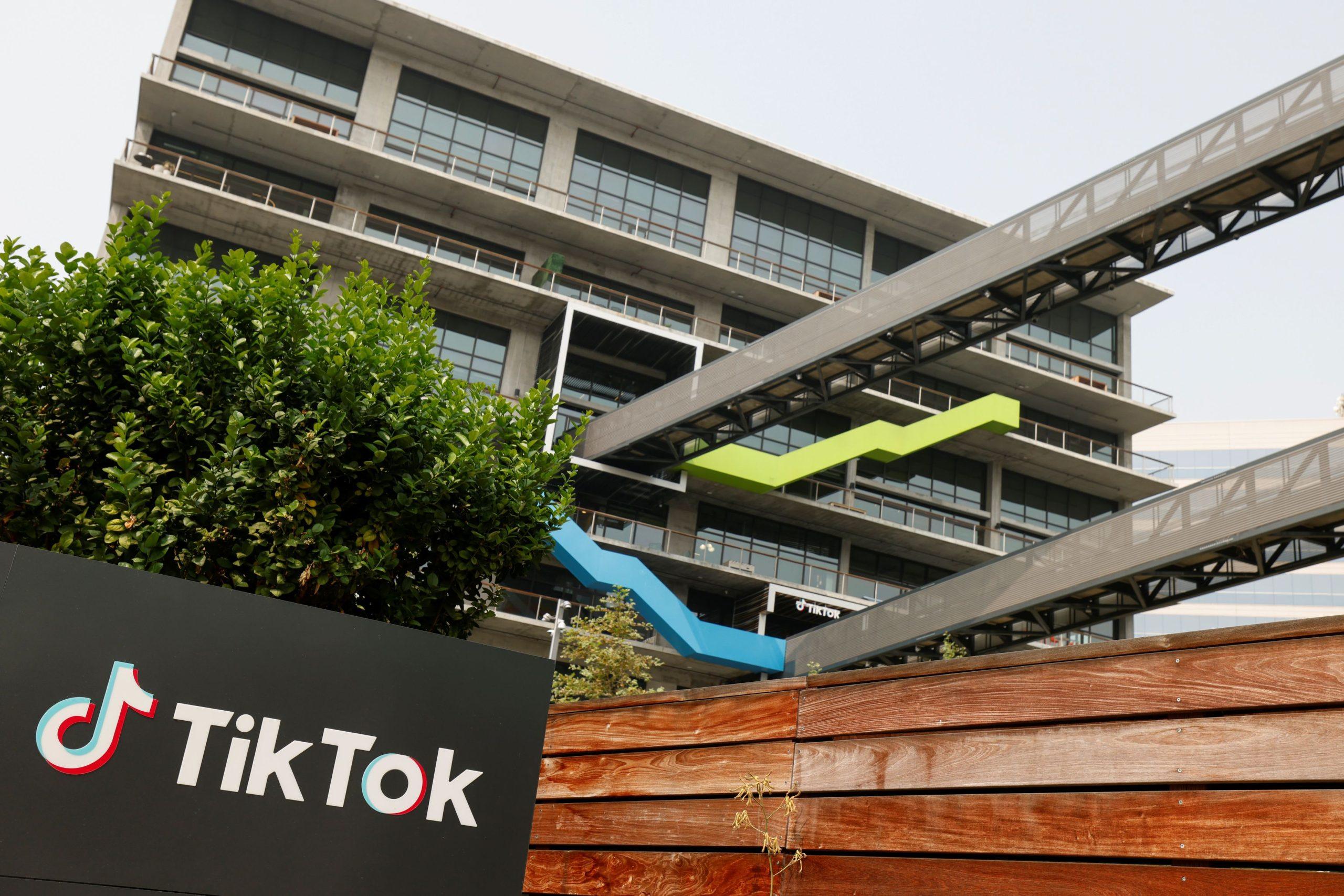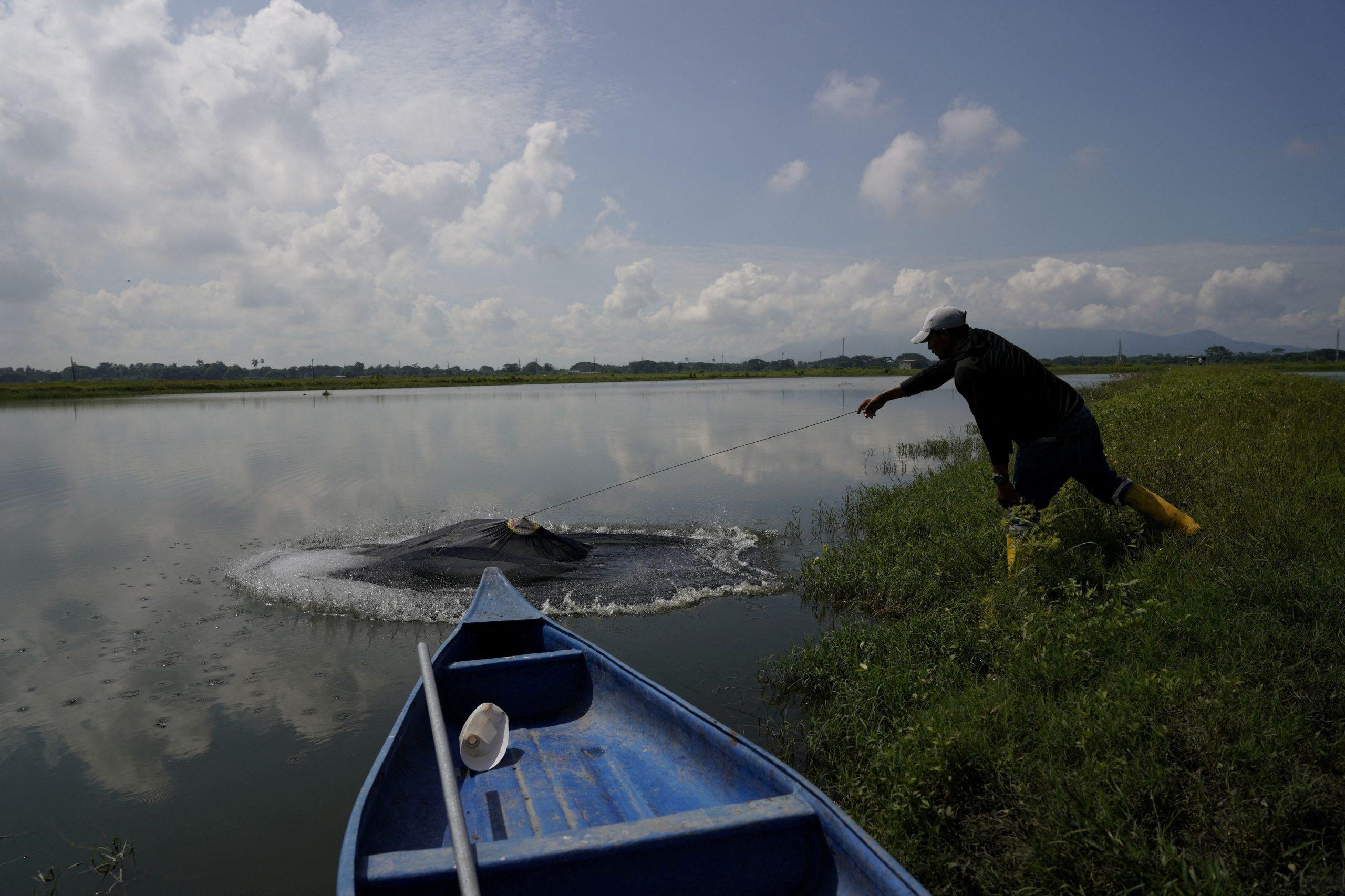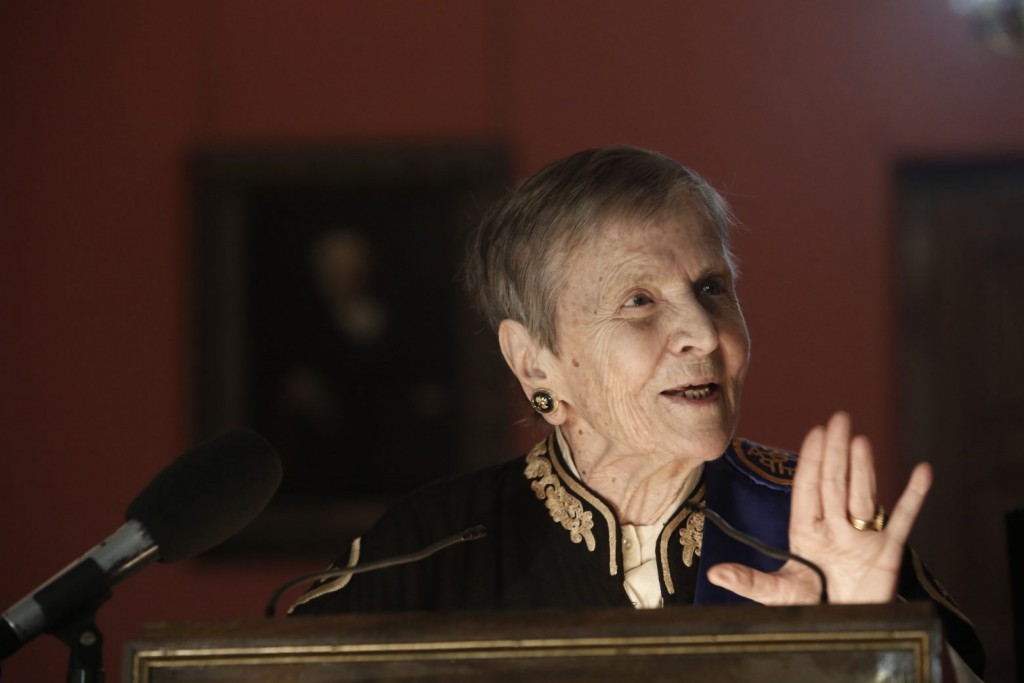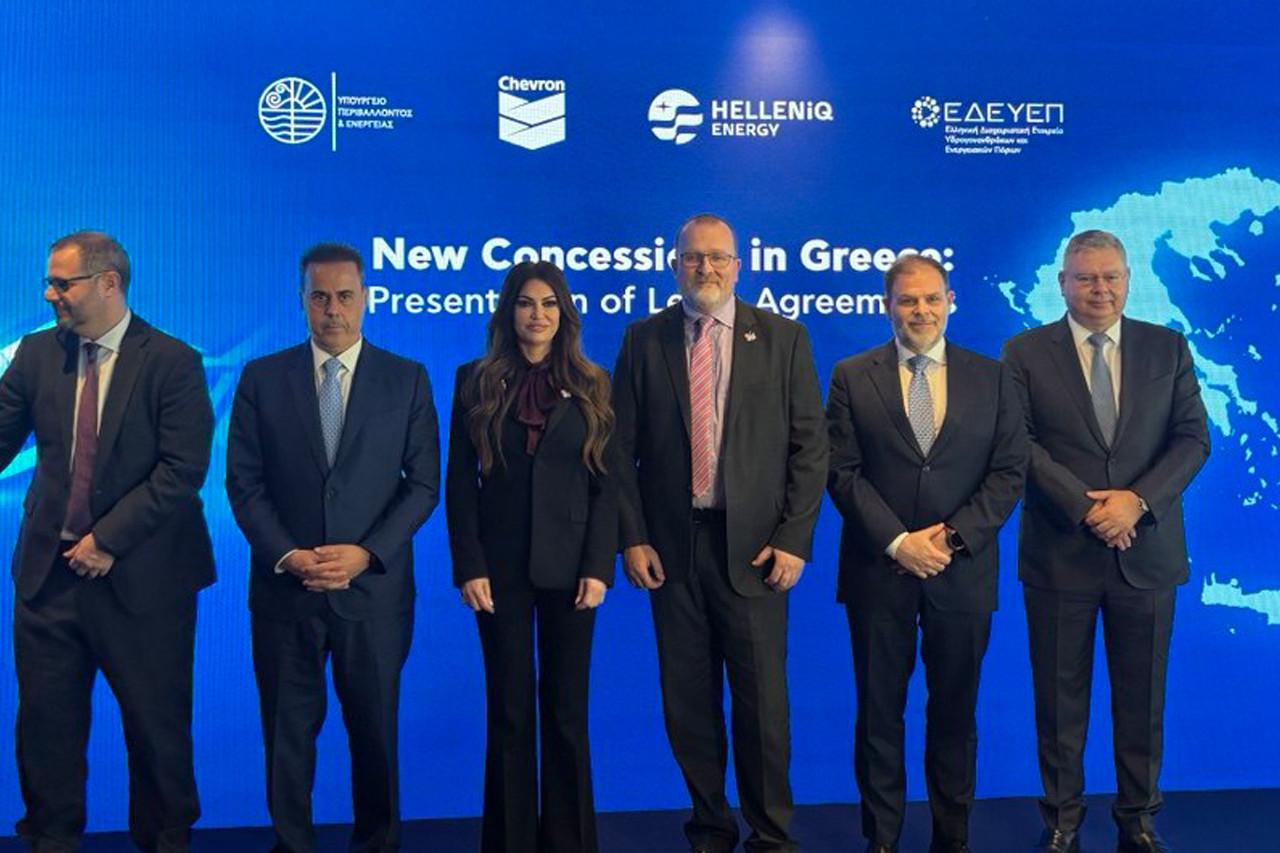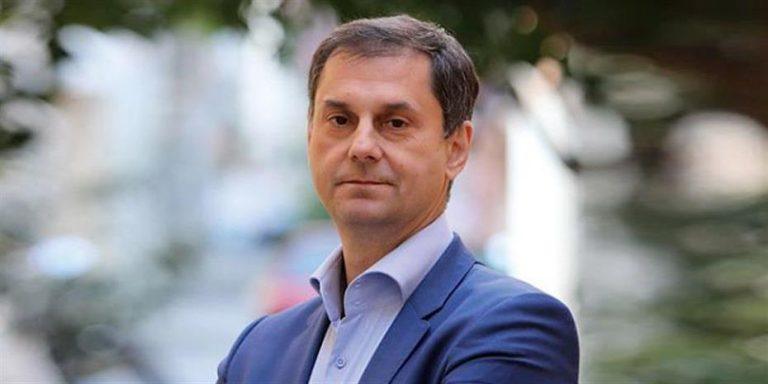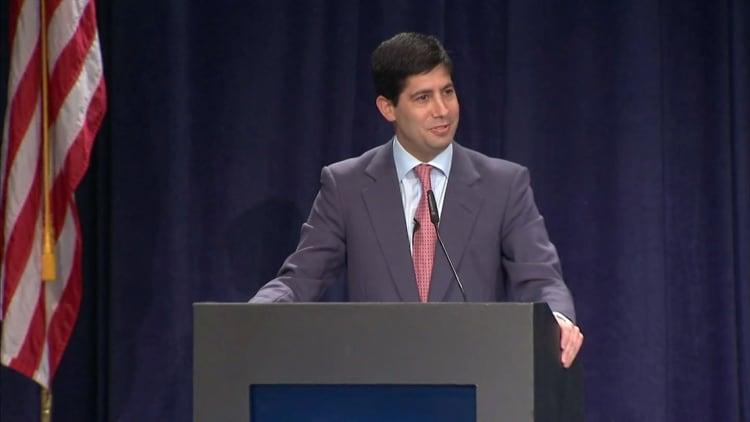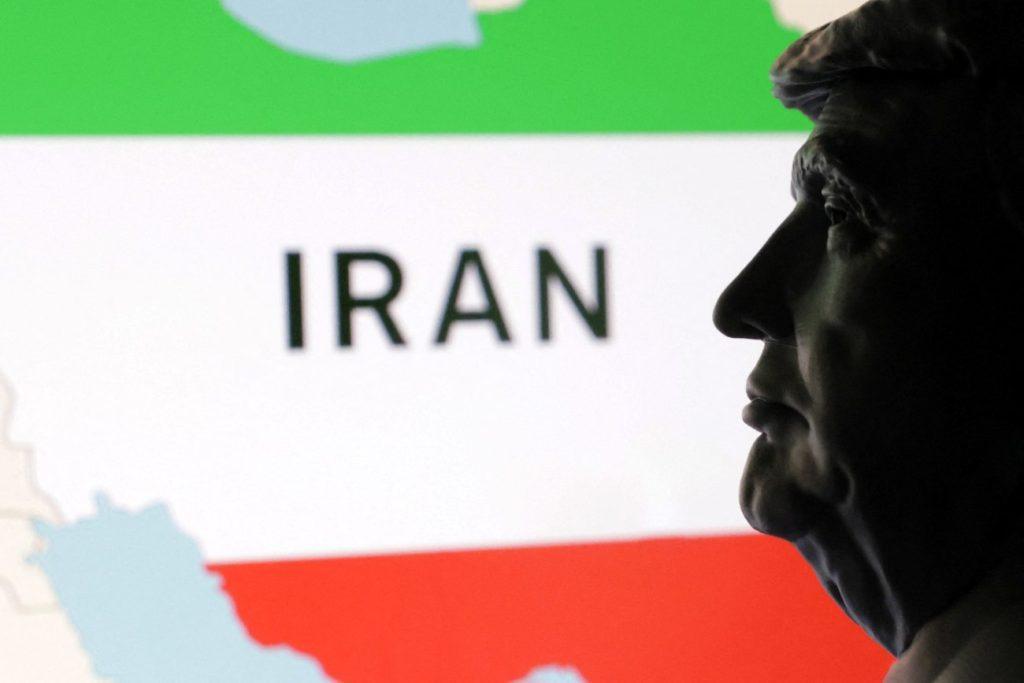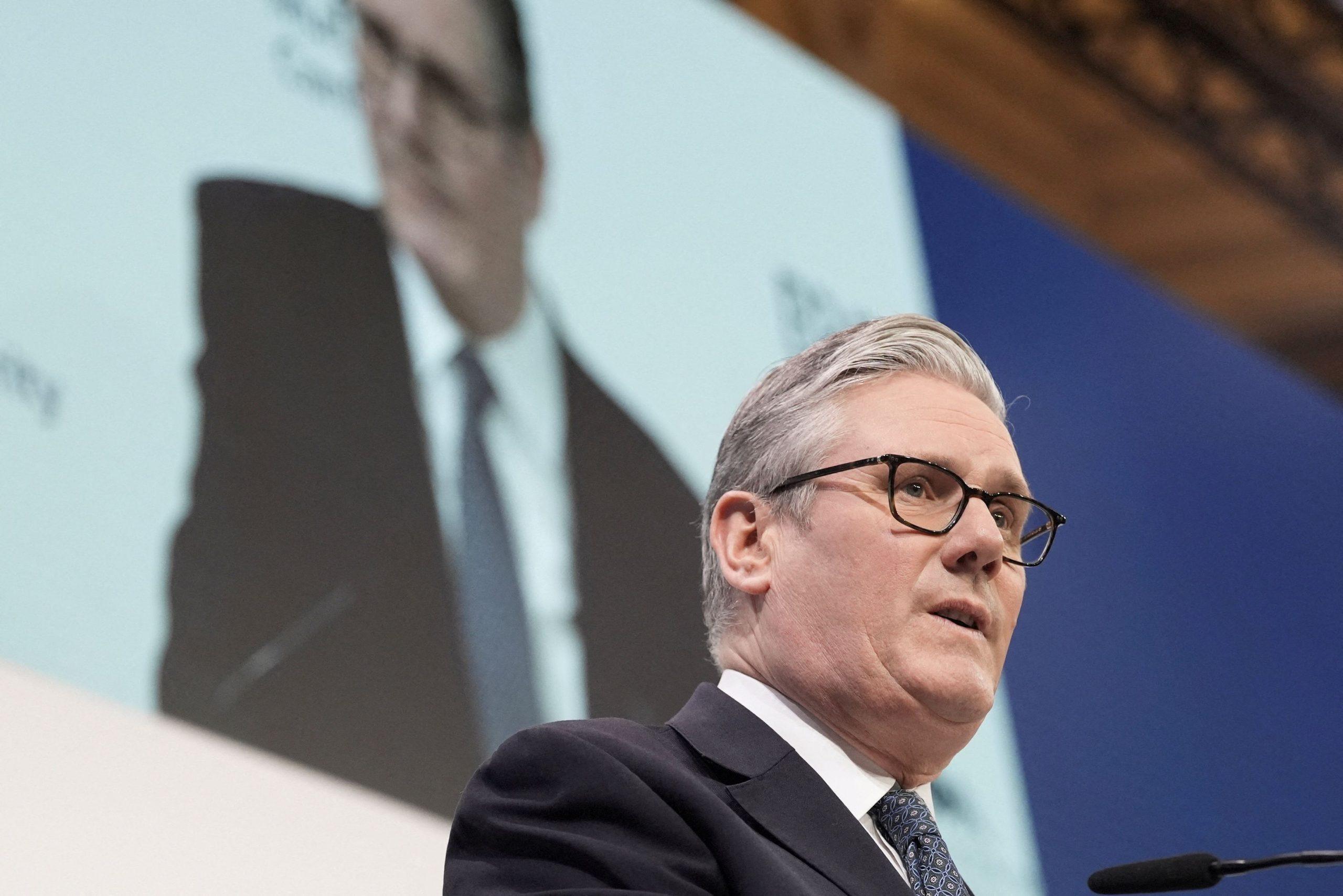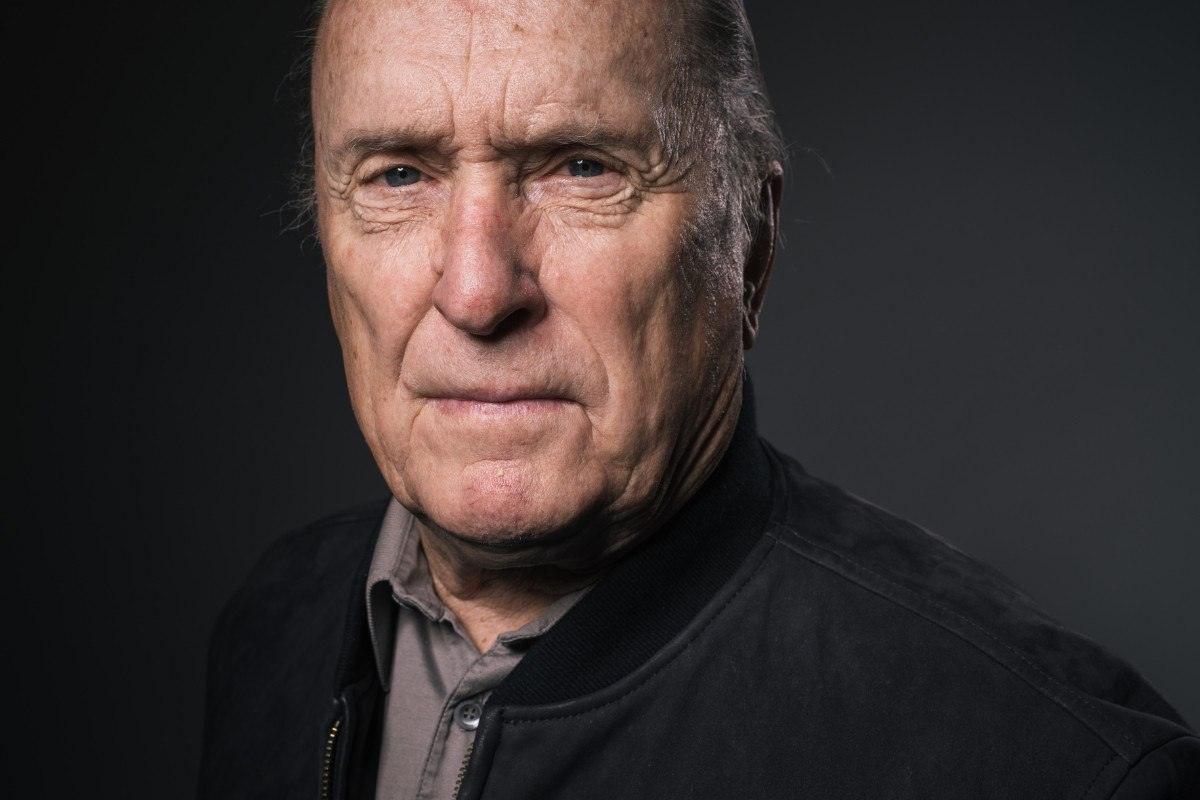In the race for the leadership of Greece’s PASOK-KINAL party, sitting president Nikos Androulakis, a former European Parliament deputy – who has led the party for two-and-a-half years and boasts that in his two-and-a-half years as leader has broken the bipolar party system until recently dominated by New Democracy and SYRIZA – clinched first place with over 30% of the vote, and in the second round he will be up against Athens Mayor Haris Doukas, a professor of engineering specialising in energy policy at Athens Polytechnic, as his opponent.
Doukas pledges to expand PASOK’s base by luring broader swathes of the party’s traditional centrist and centre-left base, opening up the party and transforming it once again into a massive political “movement”.
“We must change PASOK in order to change the country,” Doukas declared in his first statement after the final results were in at 1am. He emerged in second place after a vote-counting cliff-hanger that ended up in a photo finish, with Doukas garnering an advantage of only 692 votes over Pavlos Geroulanos, who placed third.
Geroulanos, for over 25 years a close ally of former PM George Papandreou, ran on a platform of restructuring the country’s productive base and decentralising power by transferring authority and funding to the nation’s regions and municipalities.
Pasok founder Andreas Papandreou named the party he founded on 3 September, 1974, the Panhellenic Socialist Movement (PASOK is the acronym), and indeed it grew into a mass movement.
The party swept to power in a landslide in the October, 1981 general election with 48 percent of the popular vote. It ruled from 1981 to 1989, and again from 1993 to 2004.
PASOK’s glory days are long gone however, and it has slowly and arduously worked to build up a political base after the debt and crises exploded in the hands of PASOK PM George Papandreou, who just months after being elected was forced to place the country in an economically suffocating IMF-Eurozone loan programme. The party, which was forced to implement harsh austerity, literally imploded electorally.
Doukas pledges to create a more collective leadership, charging that Androulakis has concentrated powers in his person, operating within a “one-man-rule framework.
Pasok founder Andreas Papandreou named the party he founded on 3 September, 1974, the Panhellenic Socialist Movement (PASOK is the acronym)
The unexpectedly large first-round turnout, of over 300,000 party members and “friends” (voters were allowed to register on the spot with a three-euro contribution before voting) gives PASOK a strong, fresh momentum that will help to bolster the party’s political narrative narrative, that it is the main opposition in waiting.
The race is crucial as the result of the runoff on October 13 will quite possibly determine who Greece’s next main opposition will be.
The political vacuum created by SYRIZA’s collapse
Main opposition SYRIZA party, having just impeached its leader Stefanos Kasselakis, is in a tailspin as it plies toward a party convention that will likely lead to a contentious showdown and a settling of accounts between the ousted leader’s supporters and the very large intra-party opposition that believes he has strayed from the party’s traditional left-wing principles and values and is trying to make over the party in his own image, downgrading collective decision-making and attempting to fashion, as he has said in the past, a Greek version of the US Democratic Party.
That does not seem to have lured voters who according to one of the latest polls have now relegated SYRIZA to fifth place.
The overarching question: Who can beat Mitsotakis?
Though the candidates for both parties’ leaderships insist that the winner in their races will be able to beat Prime Minister Kyriakos Mitsotakis and for a government, the polling numbers tell another story.
They indicate that ruling conservative New Democracy is a far cry from the over 30 percent of the vote needed to garner an absolute majority in Parliament.
New Democracy’s conundrums
Since New Democracy swept to power with 41 percent of the popular vote in 2019, the wear and tear of governing has seen its numbers plummet by a whopping 19 percentage points in a GPO poll conducted for OPEN television between 30 September and 2 October.
The survey gives New Democracy 21.9 percentage points, PASOK 12.2%, the right-wing populist Elliniki Lysi 8.3% (which, if push came to shove in terms of a pressing need to form a stable coalition government, could conceivably partner up with ND, though both parties vehemently deny it now), the KKE (Greek Communist Party) 7.7%, SYRIZA just 7.5 percent, the right-wing Foni Logikis (“voice of reason”) 3.6 percent, ultra-right nationalist NIKI 3%, and left-wing Nea Aristera(New Left, a SYRIZA splinter party) just 2.1 percent
The government has been confronted with galloping inflation, disastrous wildfires that destroyed over 10,000 hectares of Attica’s forest this past summer, the Tempe train crash that claimed 57 lives and laid bare huge security lapses in the railway system, and with charges of cover-up in instrumentalising the judiciary in that case and in the major phone tapping scandal, which involved EYP National Intelligence Agency and Predator system surveillance of a party leader (Androulakis), ministers like current finance minister Kostis Hatzidakis (who enjoys the absolute trust of the PM), the country’s top military leader (then Chairman of the Joint Chiefs of Staff Konstantinos Floros), journalists, judges and businessmen.
Opposition parties decry ‘lack of transparency’
All this has resulted in fierce opposition charges of an acute lack of governmental transparency and disregard for the separation of powers and for the autonomy of Independent authorities, all issues that are likely to play heavily in the next general election, to be held in two-and-a-half years, by July, 2027, though snap elections are not uncommon in Greece, especially when a ruling party sees its polling numbers dwindling.
Source: tovima.com
